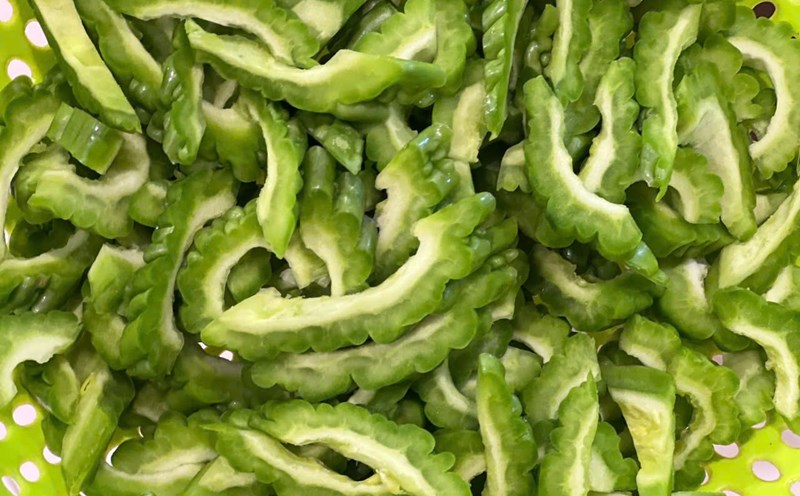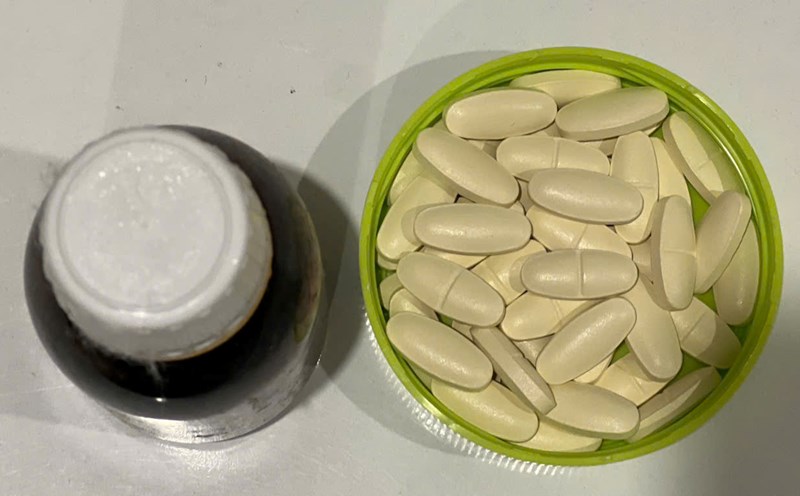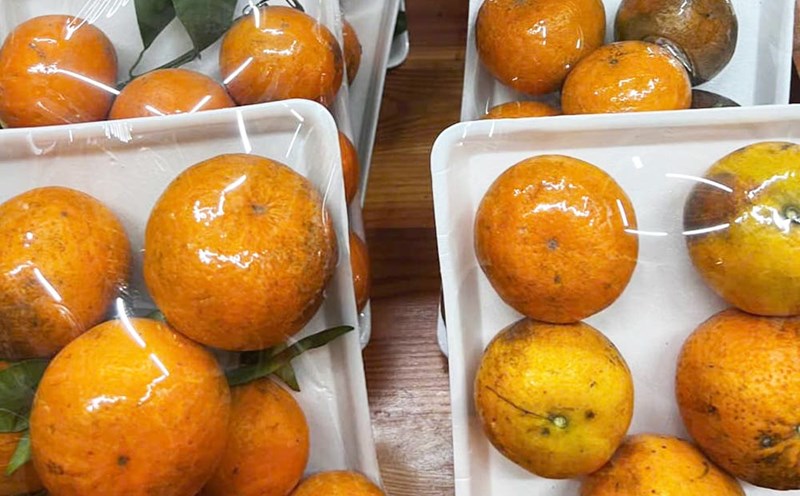Oily, fried foods
According to the World Health Organization (WHO), a diet high in saturated fat is associated with fat accumulation in the liver and increases hepatitis in patients with viral hepatitis. Animal fat, greased fried foods, fried chicken skin or pork belly not only cause indigestion but also increase liver enzymes ALT, AST - a warning sign of liver damage.
People with hepatitis B who consume a diet rich in saturated fat are 1.8 times more likely to progress to chronic hepatitis than those who eat less fat.
Alcohol, beer and alcoholic beverages
Alcohol is the top poison for the liver, even for healthy people. For people with hepatitis B, even small amounts of alcohol can promote liver cell destruction, increasing the risk of cirrhosis or liver cancer.
The American Association for the Study of Hepatitis (AASLD) recommends: People with chronic hepatitis B should absolutely not consume alcohol in any form.
HBV patients who drink alcohol every week are 2.5 times more likely to develop severe liver complications.
Processed foods, many additives
Sausage, bacon, instant noodles, snacks... are foods that contain a lot of salt, nitrate preservatives, artificial dyes, causing overload for the liver when having to treat toxins.
A study from the International Journal of Environmental Research and Public Health said that food additives such as sodium nitrate, BHA, BHT can cause oxidative stress on liver cells, damage the body and promote liver fibrosis.
Refined sugar and industrial sweets
Candy, carbonated soft drinks, milk tea, syrups are foods with a high glycemic index and contain a lot of fructose - a type of sugar metabolized in the liver. When the liver is damaged, receiving too much sugar can easily lead to secondary fatty liver, which can aggravate hepatitis.
According to a report from the European digestive and liver disease society (EASL) in 2023, a diet containing over 20% of total energy from sugar increases the risk of cirrhosis in patients with hepatitis B by 1.6 times, especially in people with insulin resistance.
Live, re-used food
Fish salad, rare meat, raw seafood... can contain bacteria ( Salmonella, Listeria) or parasites (worms, liver failure).
When the liver is weakened by inflammation, the ability to filter to remove toxins and fight infections is reduced, making patients susceptible to dangerous liver - gall complications.
The US Centers for Disease Control and Prevention (CDC) emphasizes that people with chronic liver disease, especially hepatitis B, should completely avoid undercooked foods to reduce the risk of more serious liver inflammation and damage.











